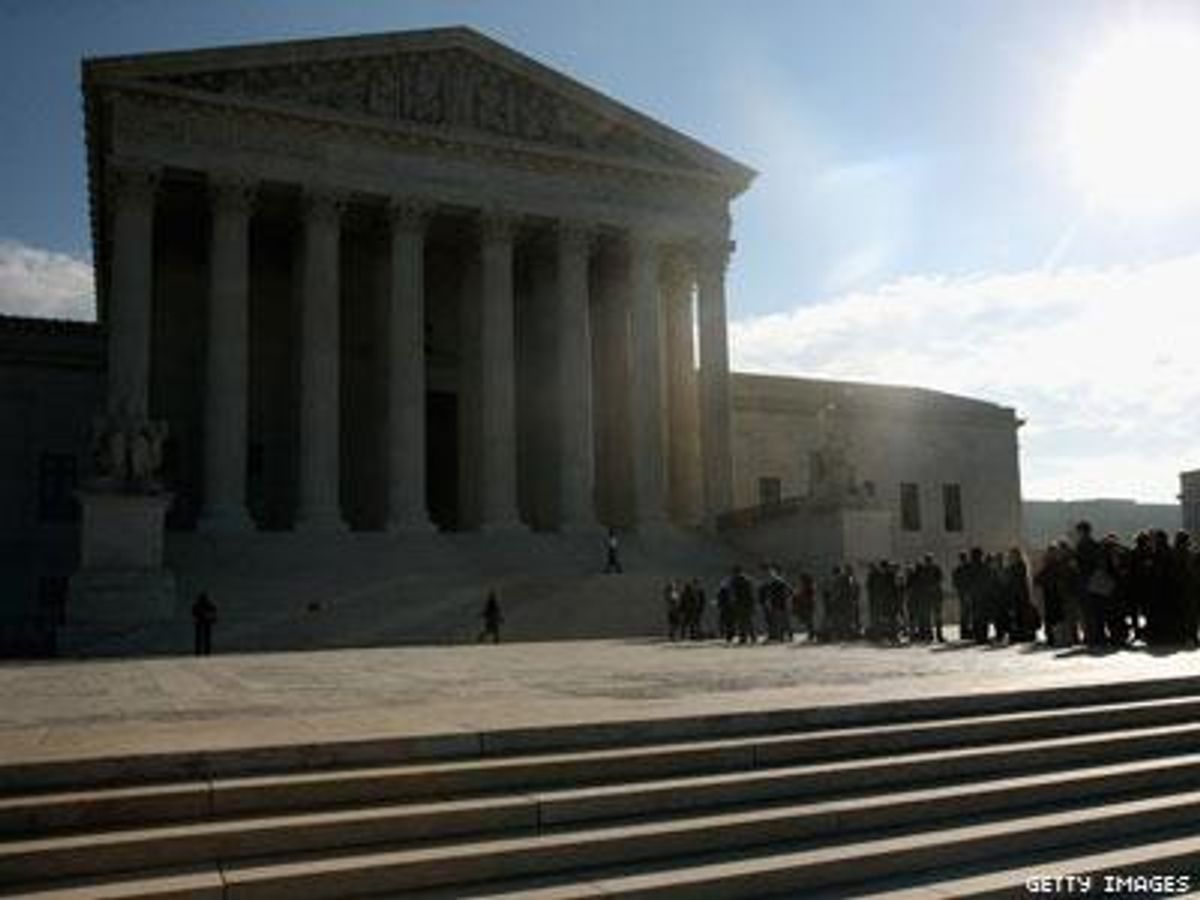Activists have seen some major marriage equality wins in the last few months, thanks to some favorable court decisions and some very talented lawyers. Approximately 16 states have lingering lawsuits that are still unresolved and headed for the U.S. Supreme Court. But there's no way to know whether the justices will take any of those cases; and even if they do, there's no telling whether the highest court in the land will overturn or uphold marriage bans.
So in the event that the Supreme Court doesn't issue a ruling that grants full national marriage equality, organizers in a few states are looking at backup plans.
In Texas, Senators Jose Rodriguez and Juan Hinojosa just introduced a constitutional amendment that would overturn the ban that currently exists in the state constitution. They're joined by Representatives Rafael Anchia and Garnet Coleman. All four lawmakers are Democrats.
Passing such an amendment wouldn't be easy. The bills would have to be passed by a two-thirds majority of both chambers of the legislature, and then by a majority of voters. There are 19 Republican senators and 12 Democrats; in the House, there are 95 Republicans and 55 Democrats. It's hard to say how those legislators would vote based purely on their party affiliation; but Texas Republicans have generally lagged behind when it comes to accepting marriage equality.
Meanwhile, in Michigan, organizers are exploring the possibility of a ballot measure. Voters added a marriage ban to the state constitution in 2004, with 58.6 percent approving the ban. Recent polling on marriage has been extremely close, with various polls showing support and opposition neck-and-neck in the high 40s.
Of course, these efforts may turn out to be moot if the Supreme Court rules that marriage bans violate the Due Process and Equal Protection clauses of the U.S. Constitution. But such a ruling is far from a sure thing, and the Supreme Court has in the past been full of surprises when it comes to marriage equality. In that light, preparing now for a Supreme Court disappointment may prove shrewd.
Watch the video below for more analysis of the last week:


















































































